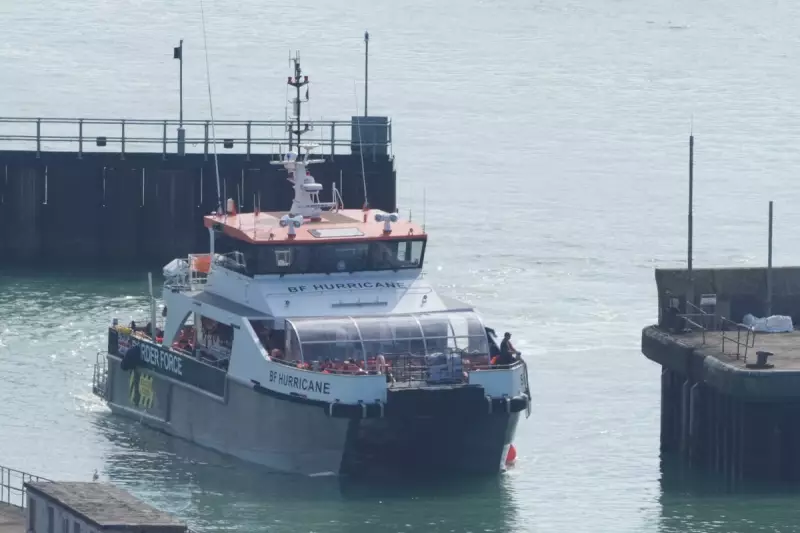
The UK Home Office is facing a significant legal challenge in the High Court over its controversial migration agreement with France, a deal critics have labelled as both 'unlawful' and an irresponsible use of public funds.
Shadow Foreign Secretary David Lammy has emerged as a prominent figure challenging the policy, which involves British taxpayers funding French operations to intercept and return migrants attempting to cross the English Channel before they reach UK waters.
The legal action, spearheaded by the non-profit organisation Care4Calais, argues that the agreement effectively outsources UK border controls to French authorities without proper parliamentary scrutiny or legal foundation.
Questionable Effectiveness and Legal Standing
Documents presented to the court reveal that the UK has committed approximately £8 million to support French maritime operations under this arrangement. Despite this substantial investment, the policy's effectiveness in significantly reducing Channel crossings remains hotly debated.
Critics point to the complex legal and practical challenges of intercepting vessels in international waters and returning migrants to French territory, questioning both the feasibility and ethical implications of the agreement.
Government Defence and Political Ramifications
The Home Office has vigorously defended the arrangement, insisting it represents a legitimate and necessary component of the UK's broader strategy to combat illegal migration and people smuggling across the Channel.
This legal challenge comes at a sensitive time for the government's immigration policy, following the controversial Rwanda deportation scheme which also faced extensive legal hurdles and public criticism.
The outcome of this High Court case could have far-reaching implications for future UK-France cooperation on migration and the legal boundaries of international border management agreements.





